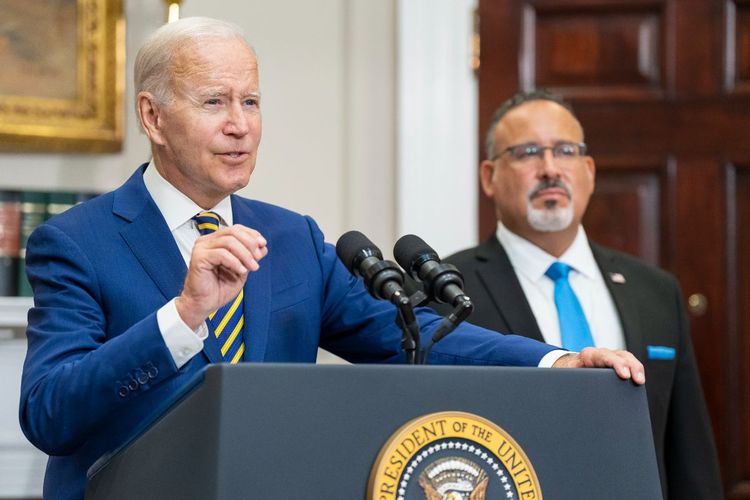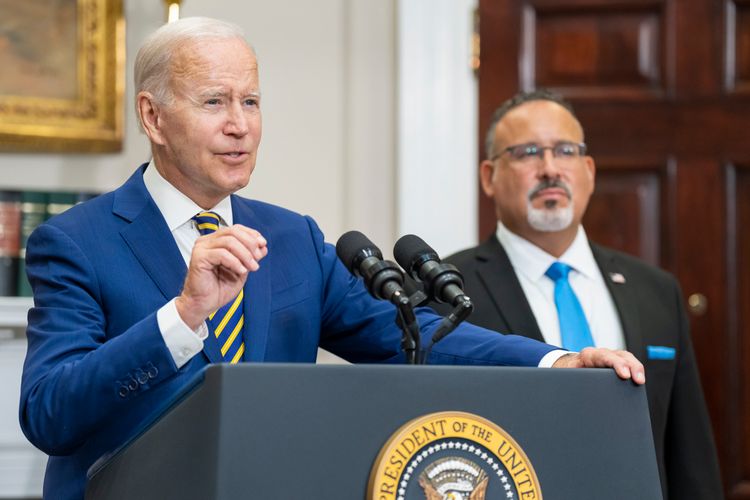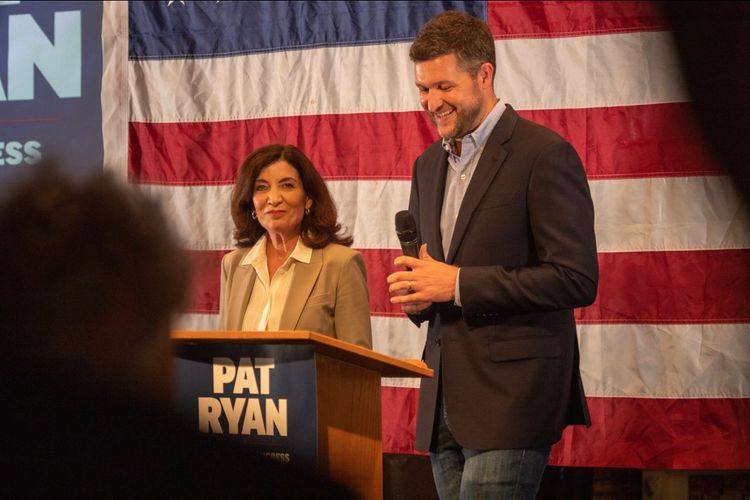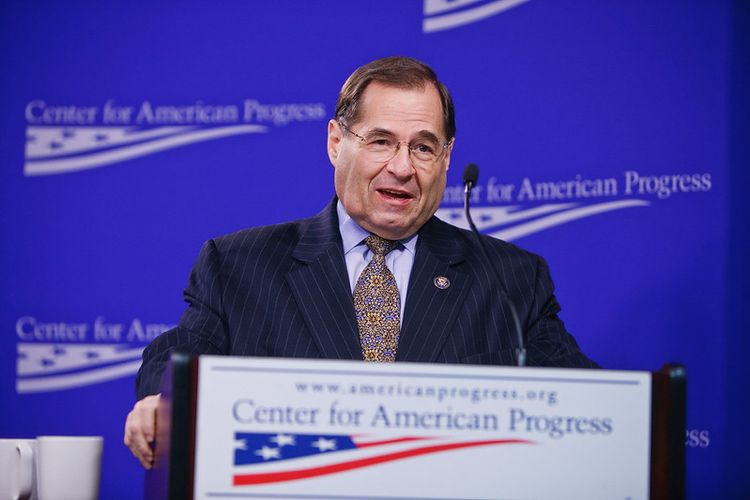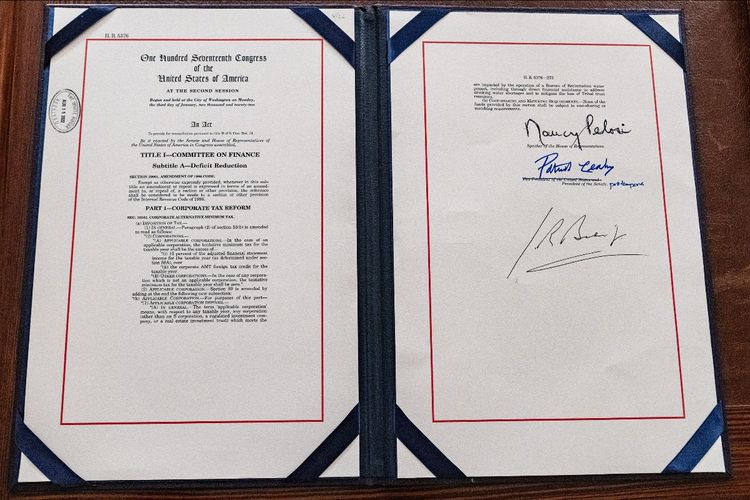Wake Up To Politics - January 11, 2022
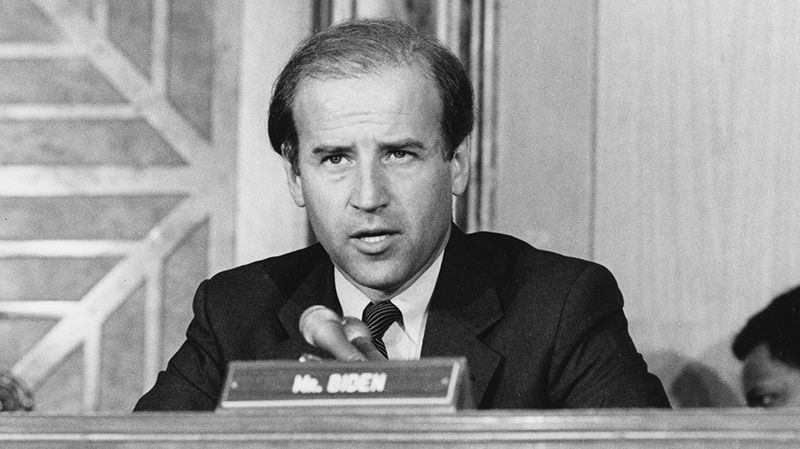
by Gabe Fleisher
Good morning! It’s Tuesday, January 11, 2022. Election Day 2022 is 301 days away. Election Day 2024 is 1,029 days away.
Welcome back to Wake Up To Politics. As I wrote yesterday, I am so excited to dive back into the newsletter and help guide you through the year ahead.
Thank you so much to those of you who emailed in response to yesterday’s note, and to those of you who generously donated to support Wake Up To Politics in 2022. Your support means the world to me; I can’t say enough how grateful I am to have all of you as readers.
Now, to the news:
Biden takes on the filibuster
Joe Biden is a self-described “Senate man.”
He served as a member of the chamber for 36 years, the bulk of his political career. “The United States Senate has been my life, and that is not a hyperbole,” he said in his final speech as a senator in 2009. “I’ve been a United States senator considerably longer than I was alive before I was a United States senator.”
Not only is Biden a lover of the Senate as an institution, he has also been a longtime defender of its intricate rules. In 2005, Biden praised the Senate as a place where “you can always slow things down and make sure that a minority gets a voice.”
Detailing his opposition to Republican proposals at the time to weaken the filibuster (the Senate’s 60-vote requirement to end debate on most bills), Biden said then: “I pray God when the Democrats take back control, we don’t make the kind of naked power grab [Republicans] are doing.”
As recently as February 2020, Biden flatly made clear that he did “not support ending the filibuster.”

Biden’s opposition to filibuster reform will end today. Faced with a 50-50 Senate and uniform Republican opposition on almost all of his priorities — most notably his efforts to change America’s voting rules — Biden will announce in a speech in Atlanta today that he supports making changes to the filibuster.
According to the New York Times, the president will not call for a full elimination of the supermajority rule — but he will declare support for making an exception (a so-called “carve-out”) to the filibuster for voting rights legislation.
“The next few days, when these bills come to a vote, will mark a turning point in this nation,” Biden will say, per a White House official. “Will we choose democracy over autocracy, light over shadow, justice over injustice? I know where I stand.... And so the question is where will the institution of United States Senate stand?”
As of now, the Senate is poised to stand against him. Usually, updating the rules of the Senate would require a two-thirds vote, but a procedural weapon known as the “nuclear option” allows a party to make a rules change with just a simple majority. (It has been used by both parties in the past to eliminate the filibuster for various presidential nominations, but never for legislation.)
Unsurprisingly, all 50 Senate Republicans are uniformly opposed to Democratic voting rights measures, and weakening the filibuster to advance them: Senate Minority Leader Mitch McConnell (R-KY) accused Democrats on Monday of attempting to “take over the Senate, so they can take over elections, so they can take over America.”
That means all 50 Senate Democrats would need to back creation of the “carve-out” — a well of support Biden does not currently have. Sens. Joe Manchin (D-WV) and Kyrsten Sinema (D-AZ) are the Democrats best known for opposing filibuster reform, but as Politico notes, they are not alone within the caucus. Other Democrats yet to climb aboard include Sens. Mark Kelly (D-AZ), Jeanne Shaheen (D-NH), and Jon Tester (D-MT).
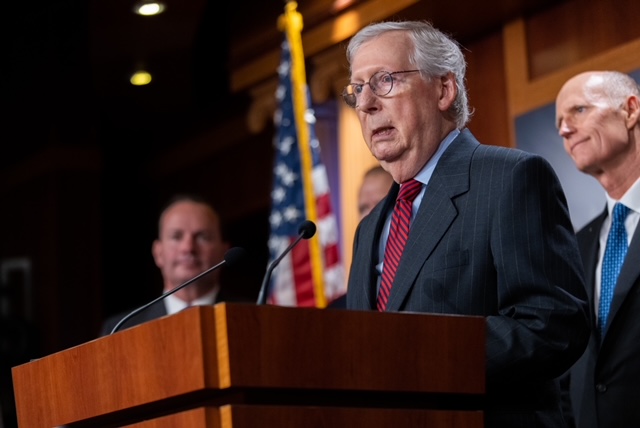
The fight over Senate rules is expected to come to a head in the next week. In the coming days, Senate Majority Leader Chuck Schumer (D-NY) plans to bring two voting rights measures to the floor:
- The Freedom to Vote Act, which would require every state to institute automatic and same-day voter registration, no-excuse mail-in voting, and at least two weeks of early voting, as well as making Election Day a national holiday and other changes to federal elections.
- The John Lewis Voting Rights Advancement Act, which would restore provisions of the Voting Rights Act of 1965 struck down by the Supreme Court, re-establishing requirements for certain states to obtain “pre-clearance” from the federal government before changing their election laws
Both bills have been previously blocked by Republican filibusters. If they are again, Schumer will respond by putting a rules change to a vote by the “nuclear option.” Per CNN, that vote is likely to take place next Monday (which, for extra symbolic value, is Martin Luther King Jr. Day.)
It is unclear if Schumer will have the united Democrat support needed to approve such changes, although recent indications from Manchin and others have not been promising.
That means Biden is stepping into uncertain waters with his speech today. As the Washington Post points out, he is making the risk of “opening the new year with a second legislative setback,” since his Build Back Better Act is also flailing under Manchin’s opposition.
But with talks on the domestic spending package at a standstill, a voting rights bill could represent Biden’s last opportunity to enact his agenda and fire up his base before the looming midterms. That is, if he can get his former colleagues in the Senate to fall in line behind him.
What else you should know
→ More than 145,900 people are currently hospitalized with Covid-19 hospitalizations in the United States, a new record high.
→ Former Vice President Mike Pence is engaged in talks with the January 6 committee about voluntarily testifying, although he is reportedly leaning against it.
→ A new report found that U.S. greenhouse gas emissions rose by 6.2% in 2021, a sign that the country remains far from meeting its climate targets.
→ A new coin featuring poet Maya Angelou went into circulation on Monday, making her the first Black woman to appear on a U.S. quarter.
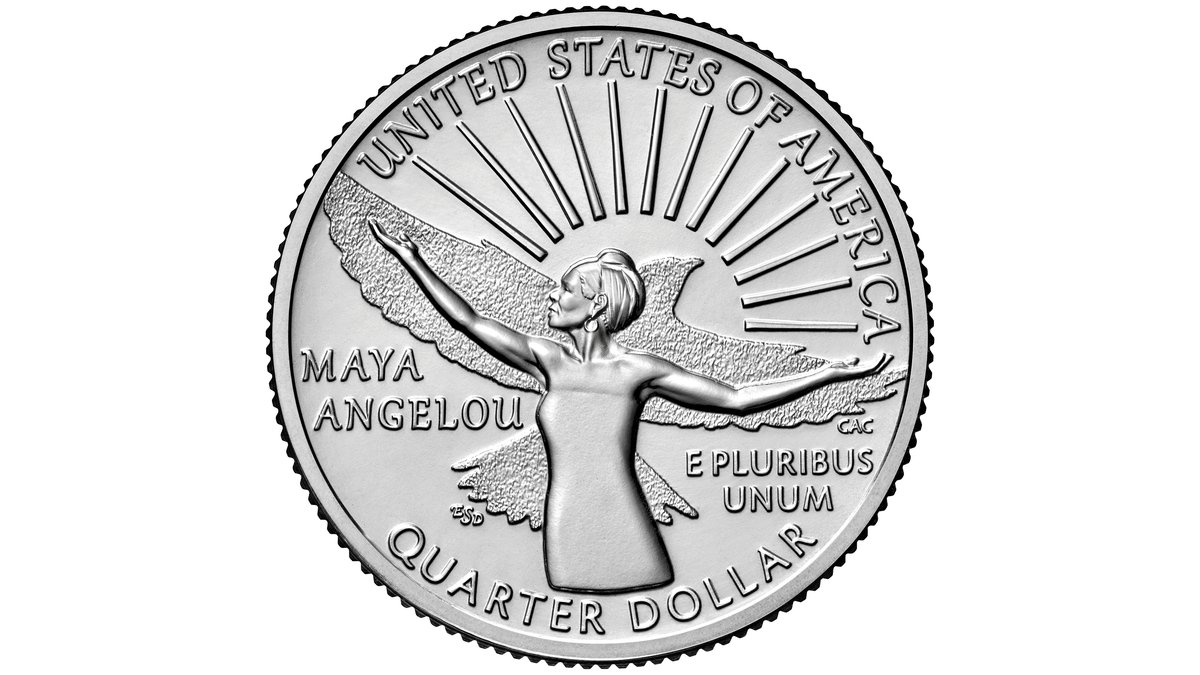
Policy Briefing: Education
Every Tuesday, Wake Up To Politics contributor Kirsten Shaw Mettler offers a briefing on the week’s top education news.
Schools across the country are returning to remote learning amid the Omicrion-fueled Covid surge. Despite once assuring students and their families that education would not be disrupted in the age of vaccinations, many schools have pivoted away from in-person learning once again.
At least 4,500 K-12 schools closed their physical buildings during the first week of January. Spikes in Covid cases are raising parent concerns, causing staff shortages, and leading to union clashes. Most notably, Chicago public schools — the country’s third largest school district — held online classes for a week (ending today) as the teacher’s union demanded increased virus protections.
Colleges, with their residential environments, are struggling to quarantine students as cases rise and schools run out of space. Some higher education institutions are delaying their start dates or running virtually as cases rise, including Stanford, Duke, and the University of Illinois Urbana-Champaign. However, data indicates that these schools may be in the minority, with only approximately 10% of colleges planning to start online.
The CDC, Dr. Anthony Fauci, Education Secretary Miguel Cardona, and President Biden are all urging schools to stay open, with safety precautions.

More education policy headlines, via Kirsten:
- Columbia University graduate student workers have ended their strike after coming to an agreement with the University.
- A number of prestigious universities, including Georgetown and Yale, are being sued for allegedly colluding to limit students’ financial aid options.
- Some colleges are requiring higher-grade masks to limit the spread of Covid.
Daybook
All times Eastern.
→ President Joe Biden will receive his daily intelligence briefing at 9:30 a.m., before departing the White House at 10:40 a.m. for Atlanta, Georgia. He will arrive at 12:45 p.m. Once in Atlanta, at 2:40 p.m., Biden will participate in a wreath laying at the crypt of Dr. Martin Luther King, Jr. and Coretta Scott King at the Martin Luther King, Jr. Center for Nonviolent Social Change.
At 3 p.m., Biden will visit Historic Ebeneezer Baptist Church, formerly King’s pulpit and now the pulpit of Sen. Raphael Warnock (D-GA).
At 3:50 p.m., the president will deliver remarks on voting rights at the Atlanta University Center Consortium, which consists of four historically black colleges and universities (HBCUs). Biden will then depart Atlanta at 6:15 p.m., arriving back at the White House at 8:05 p.m.
→ Vice President Kamala Harris will also travel to Atlanta. She will join Biden at each of his stops in the city, and will also deliver remarks at the voting rights event.
→ White House Press Secretary Jen Psaki will hold a press gaggle aboard Air Force One during the flight to Atlanta.
→ The Senate will convene at 11 a.m. and resume consideration of the nomination of Alan Davidson to be Assistant Secretary of Commerce for Communications and Information. The chamber will then recess from 12:30 p.m. to 2:15 p.m. for weekly caucus meetings.
At 2:20 p.m., the chamber will vote on Davidson’s confirmation. Other votes are possible later in the day.
→ The House will convene at 10 a.m. and is scheduled to vote on H.Res. 860, which will set up consideration of H.R. 1836, the Guard and Reserve GI Bill Parity Act, and H.R. 4672, the Ensuring Veterans’ Smooth Transition (EVEST) Act, later in the week.
→ The Supreme Court will hear oral arguments in Johnson v. Arteaga-Martinez at 10 a.m. and in Garland v. Gonzalez at 11 a.m.
According to SCOTUSBlog, both cases involve “noncitizens who are under deportation orders” who are “challenging their prolonged detention – sometimes many months or even years — without the safeguard of a bond hearing before an immigration judge.”
→ The Senate Banking, Housing, and Urban Affairs Committee will hold a confirmation hearing at 10 a.m. to consider the re-nomination of Federal Reserve Chairman Jerome Powell, who will testify before the panel.
→ The Senate Health, Education, Labor, and Pensions Committee will hold a hearing at 10 a.m. on the federal COVID-19 response, with an emphasis on “addressing new variants.”
- Witnesses: Dr. Rochelle Walensky, the CDC director; Dr. Anthony Fauci, the White House chief medical adviser, Janet Woodcock, the acting commissioner of the FDA; and Dawn O’Connell, the assistant HHS secretary for preparedness and response
→ The Senate Judiciary Committee will hold a hearing at 10 a.m. on “the domestic terrorism threat one year after January 6.”
- Witnesses: Matthew Olson, the assistant attorney general for the national security division; Jill Sanborn, the executive assistant director of the FBI’s national security branch
→ The House Appropriations Subcommittee on Legislative Branch will hold a hearing at 10 a.m. on the security of the Capitol building since the January 6 attack.
- Witnesses: Thomas Manger, the chief of the U.S. Capitol Police; William J. Walker, the House sergeant-at-arms; J. Brett Blanton, the Architect of the Capitol

